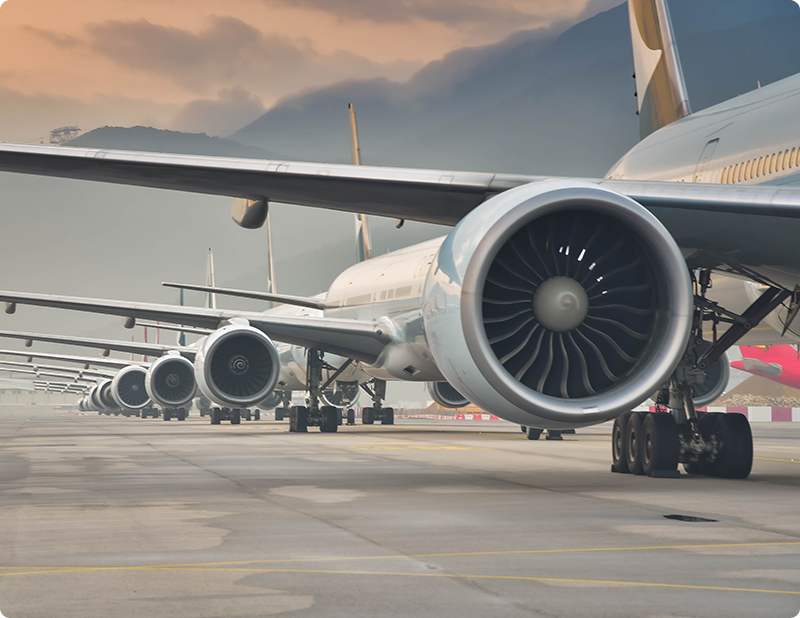What is Sustainable Aviation Fuel?
Sustainable Aviation Fuel or Renewable Aviation Fuel (commonly referred to as SAF and RAF, respectively) is a fairly new fuel produced from biogenic carbon sources, like animal fats or used cooking oil. SAF is similar to petroleum Jet A1 kerosene and is produced solely for use in aviation equipment. Currently, SAF blend volumes are limited to 50% SAF and 50% traditional jet fuel.
Sustainable Aviation Fuel is currently the only commercially available solution for helping meet sustainability criteria and reducing greenhouse gas emissions in the aviation sector.
What are other benefits?
- Flexible. Sustainable Aviation Fuel can be used in existing aviation equipment with little or no modifications. The standard regulating the technical certification of SAF is ASTM D7566. This evaluates which technologies, under specific circumstances and characteristics, can be used for producing neat SAF. Upon blending the fuel with petroleum aviation fuel, SAF is certified to ASTM D1655 and is regarded as conventional Jet A or Jet A1 kerosene.
- Compatible. SAF can be used with the vast majority of the existing fueling infrastructure and aviation equipment around the world.



